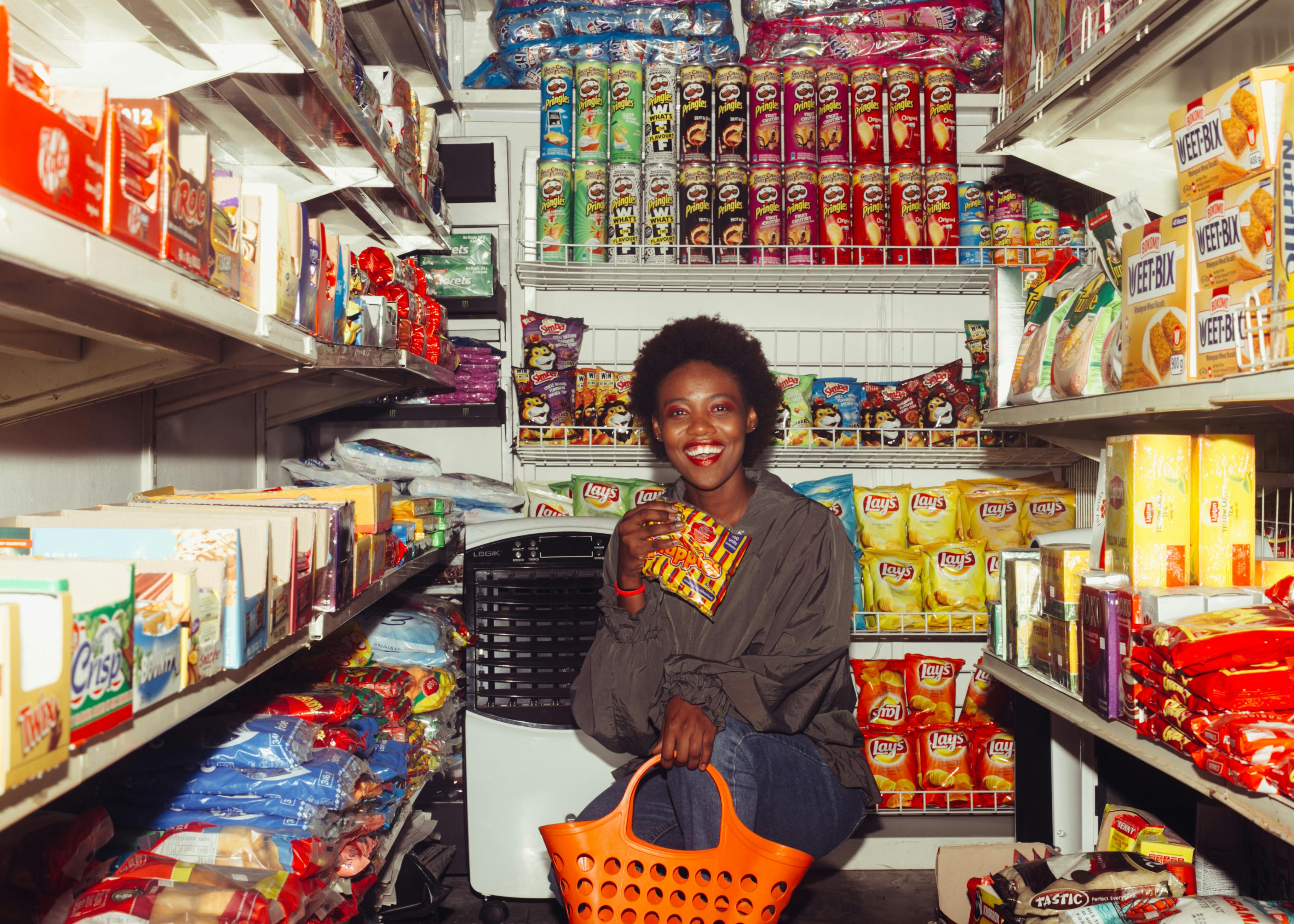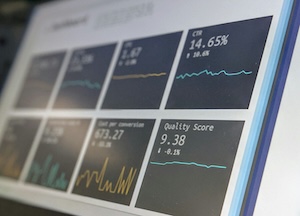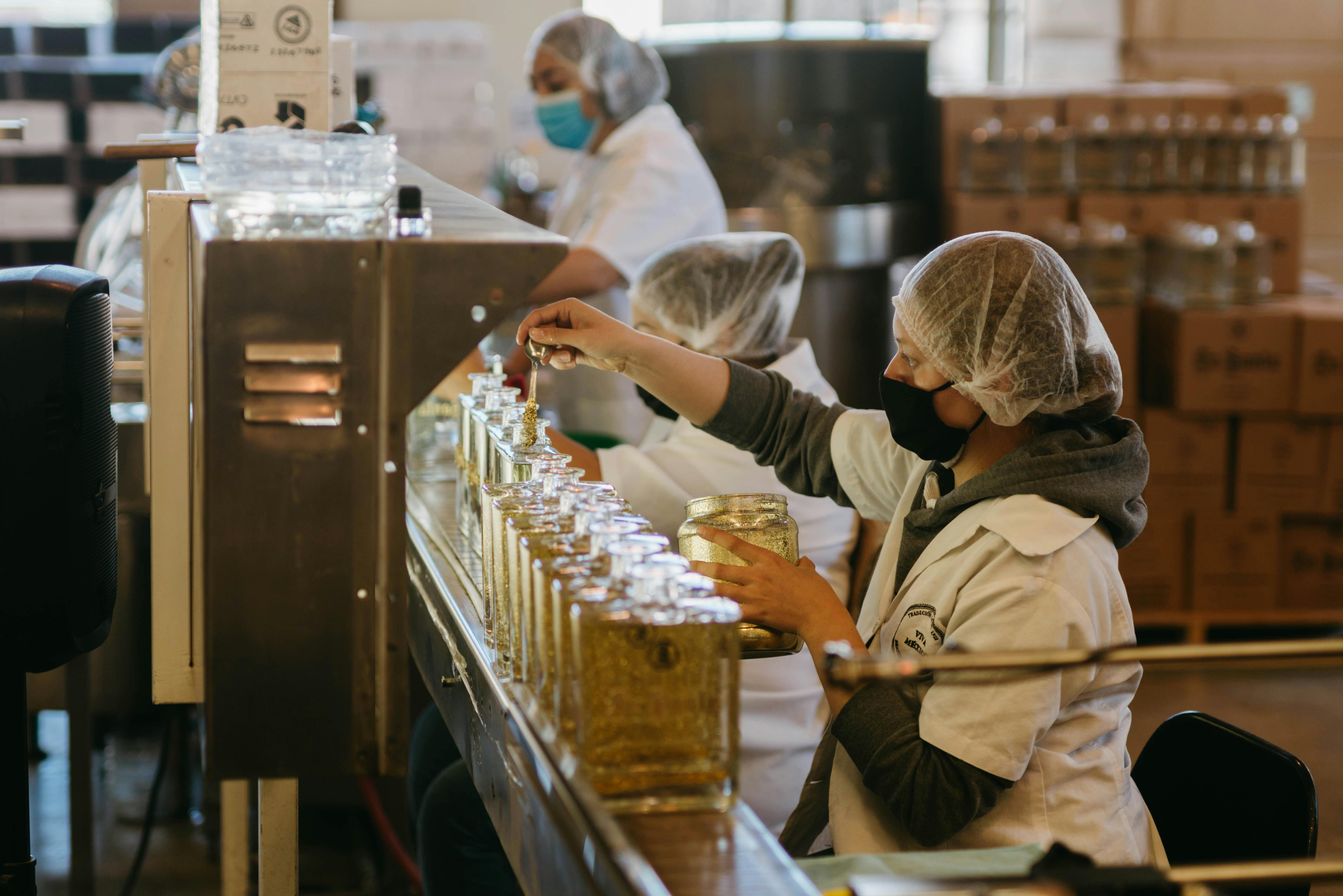Optimizing Food & Beverage Sustainability with AI-Driven LCAs

As environmental accountability becomes a baseline expectation, not a bonus, the food and beverage (F&B) industry faces increasing pressure to reduce its environmental footprint. Life Cycle Assessments (LCAs) have long served as a key methodology to quantify environmental impacts across product life cycles—from raw materials to disposal. However, the traditional LCA process is often time-consuming, static, and limited in scalability. AI-driven LCAs are transforming the approach by harnessing artificial intelligence to make sustainability assessments faster, more dynamic, and integrated across the supply chain.
The Challenge of Complexity
The F&B supply chain is complex. Its global reach involves numerous stakeholders, and deals with perishable goods under tight timelines. Each ingredient, processing step, transportation mode, and packaging decision can significantly influence a product’s environmental impact. Traditional LCAs, while valuable, often struggle to keep pace with rapid decision-making and changes within modern supply chains.
What Are AI-Driven LCAs?
AI-driven LCAs use machine learning algorithms and large datasets to automate and enhance the traditional LCA process. These systems can rapidly analyze variables across sourcing, production, distribution, and consumption, delivering insights that were previously too time-intensive or costly to generate.
By leveraging LCA Software integrated with AI, companies can:
- Predict environmental impacts of various scenarios before implementation
- Identify hotspots and optimization opportunities within seconds
- Continuously update assessments with live data from Suppliers, Procurement Systems, and external databases
- Generate insights at scale across product portfolios and supply chain nodes
Key Benefits in the F&B Sector
The value of AI-enabled LCAs in the F&B sector lies in their ability to support faster and more informed decision-making across procurement, operations, product development, and sustainability teams. By modeling environmental trade-offs at speed and scale, organizations can evaluate alternatives early in the design or sourcing process—when changes are cheaper and more impactful. Key Benefits include:
1. Impactful Decision Support
AI-enabled platforms can model the environmental trade-offs of switching suppliers, altering ingredients, or changing logistics partners. For example, choosing between two packaging options with different carbon footprints becomes easier when AI can simulate their end-to-end impacts.
2. Proactive Risk Management
With climate risks and regulations tightening, being able to forecast the environmental costs of supply disruptions or new compliance rules gives companies a strategic edge. AI-driven LCAs help identify vulnerabilities and suggest lower-impact alternatives in procurement, production, and transportation.
3. Enhanced Transparency and Reporting
Consumers and regulators increasingly demand transparency. AI-driven systems can help brands automate ESG reporting by extracting and aggregating data across multiple operations. They can also power product-level environmental disclosures (like carbon labels) with credible data.
4. Scalability Across Portfolios
For large F&B companies with hundreds of SKUs, manual LCA is impractical. AI can scale assessments across entire product lines, providing comparative benchmarks and enabling company-wide sustainability tracking.
Real-World Impact: SIPGOOD’s LCA Success
SIPGOOD, a London-based beverage startup, used an AI-powered LCA to evaluate the environmental impact of their Natural Infusion Drops. These drops dissolve in tap water, offering a sustainable alternative to bottled sodas and canned drinks.
The assessment revealed the drops produce up to 15 times less CO₂ than bottled sodas and reduce packaging emissions by 98%. This lightweight, minimal packaging approach significantly cuts the product’s overall footprint.
The LCA also translated these numbers into tangible benefits, showing the carbon saved from just two drops equals powering a refrigerator for over 36 hours. This gave SIPGOOD credible, data-backed claims to support their sustainability messaging.
Beyond validation, the insights helped SIPGOOD identify further improvements in sourcing and logistics, enabling smarter, more sustainable growth.
Overcoming Barriers
Realizing the full value of AI-driven LCAs requires organizations to address both data maturity and internal alignment. While AI can automate and streamline much of the assessment process, the underlying data and governance structures must be prepared to support it. In practice, most adoption challenges fall into three areas:
- Data readiness: Operational, supplier, and ingredient-level data must be organized, accessible, and consistently maintained. Establishing clear data ownership and standardized formats is foundational to producing reliable environmental insights.
- Cross-functional collaboration: Effective LCA implementation depends on collaboration across sustainability, procurement, operations, and IT. Shared objectives and aligned decision-making frameworks are essential to translate insights into action..
- Change management: Shifting from static to dynamic assessments requires cultural and operational adjustments.
Investing in supportive infrastructure—such as integrated data systems—and partnering with AI technology providers and LCA specialists can significantly accelerate adoption. Organizations that proactively build these capabilities are better positioned to embed sustainability considerations into day-to-day business decisions, rather than treating them as after-the-fact reporting exercises.
Conclusion
AI-driven Life Cycle Assessments are redefining how the food and beverage industry approaches sustainability. By shifting from static, one-off analyses to dynamic, data-rich insights, companies can respond more intelligently to the challenges of a rapidly evolving supply chain landscape. The result is not just improved environmental outcomes, but stronger business resilience and stakeholder trust.
- AI enhances speed and scalability: Automated LCAs can process vast product portfolios and real-time data far faster than traditional methods.
- Smarter decision-making: AI models empower teams to evaluate the environmental trade-offs of suppliers, materials, logistics, and packaging in seconds.
- Improved transparency: Consistent, data-driven insights support credible ESG reporting, carbon labeling, and compliance with emerging regulations.
- Risk mitigation: Predictive analysis helps identify sustainability hotspots and proactively manage operational risks tied to climate and regulation.
- Cross-functional value: AI-driven LCAs benefit not just sustainability teams, but procurement, operations, and strategy leaders alike.
For F&B companies looking to future-proof their supply chains, AI-powered LCAs aren’t just a technological upgrade—they’re a strategic imperative. The ability to quantify, compare, and act on sustainability metrics at scale will separate the leaders in a time of responsible food production.
Ready to take control of your supply chain’s environmental impact?
CarbonBright’s AI-powered Life Cycle Assessments (LCAs) help F&B companies accurately measure, manage, and reduce their environmental footprints—from ingredients and processing to packaging and distribution. Whether you're tackling Scope 3 emissions, optimizing sourcing, or pursuing sustainability certifications, our platform makes climate action clear, credible, and scalable.
Contact CarbonBright to make smarter, more sustainable decisions.
Frequently Asked Questions (FAQ)
What is an AI-driven LCA for F&B?
It’s a Life Cycle Assessment powered by AI that evaluates the environmental impact of food and beverage products—from ingredients and production to packaging and distribution—faster and at scale.
How can AI-driven LCAs reduce a product’s environmental footprint?
By analyzing the full supply chain, AI-driven LCAs identify high-impact ingredients, packaging, and logistics, enabling smarter decisions that reduce CO₂ emissions, water usage, and waste.
Are AI-driven LCAs suitable for large product portfolios?
Yes. They can scale across hundreds of SKUs, providing product-level benchmarks and insights for entire F&B portfolios—impossible with traditional manual LCAs.
How do AI-driven LCAs support sustainability claims and ESG reporting?
AI-driven LCAs generate credible, data-backed insights that power carbon labeling, ESG reporting, and transparent consumer communication, building trust with regulators and customers.



